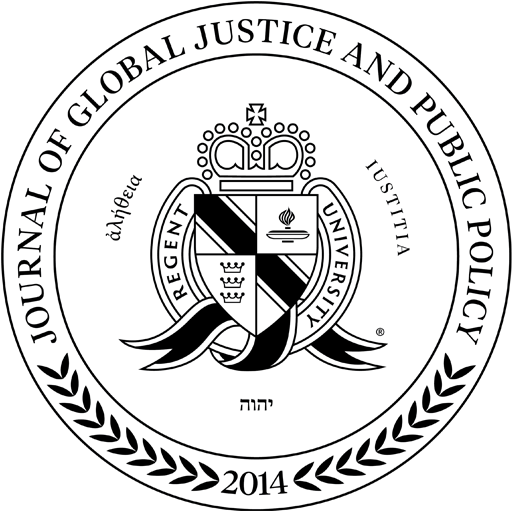Darae Eom† | 2 Regent J. Glob. Just. & Pub. Pol. 421
INTRODUCTION
In the wake of the U.S. Supreme Court ruling in Obergefell v. Hodges,1 in which the Court held that the fundamental right to marry is guaranteed to same-sex couples by both the Due Process Clause and the Equal Protection Clause of the Fourteenth Amendment to the Constitution, promoting the rights of lesbian, gay, bisexual, and transgender (“LGBT”) individuals and building a more accepting society towards these non-conventional sexual orientations seem to have become a plausible goal of the U.S. society. Many LGBT rights activists argue that sexual orientation is an immutable characteristic and not a preference, therefore our society should create a climate where the LGBT individuals “can live openly without discrimination and enjoy equal rights, personal autonomy, and freedom of expression and association.”2 Exalting the idea of equal protection, personal autonomy, and right of privacy led the public to advocate for the LGBT rights.
However, such a consensus undoubtedly affect important aspects of everyone else’s lives. In particular, the freedom of parents to freely control sex education for their children, cultivate important values in their lives, and make medical decisions for them have been slowly but surely infringed upon. 3 Moreover, our rights to free speech and free exercise of religion under the First Amendment have been also infringed upon as we are often compelled to refrain from making religiously motivated statements especially in a professional work environment. 4 Respecting and promoting LGBT rights is one thing, but being forced to accommodate them in a way that denies our own fundamental rights in relation to our very own families and professional lives is another.
One good example, which is the main topic of this Note, is how our society criticizes any Sexual Orientation Change Efforts (“SOCE”) put forth even within the boundaries of our own family life. The term, SOCE is defined in many State statutes as “the practice of seeking to change a person’s sexual orientation,” including “efforts to reduce or eliminate sexual or romantic attractions or feelings toward a person of the same gender.” 5 It is widely referred to as a “conversion” or “reparative” therapy in which mental healthcare practitioners use different types of methods to help LGBT individuals convert back to a life of heterosexuality.6
The methods used in SOCE include behavioral techniques, cognitive behavioral techniques, and psychoanalytic techniques, as well as other medical, religious, and spiritual approaches.7 While some are known to employ extreme and physically intrusive tactics, such as hormone therapy, electric shock, and nausea-inducing drugs, the most common practice used by healthcare practitioners today is the “talk therapy,” which does not involve any physical intrusions on patients.8 Most of the contemporary SOCE therapies only involves verbal communication that discusses “traditional gender-appropriate behaviors” and “biblical perspectives” on sexual orientations.9
However, such a consensus undoubtedly affect important aspects of everyone else’s lives. In particular, the freedom of parents to freely control sex education for their children, cultivate important values in their lives, and make medical decisions for them have been slowly but surely infringed upon. 3 Moreover, our rights to free speech and free exercise of religion under the First Amendment have been also infringed upon as we are often compelled to refrain from making religiously motivated statements especially in a professional work environment. 4 Respecting and promoting LGBT rights is one thing, but being forced to accommodate them in a way that denies our own fundamental rights in relation to our very own families and professional lives is another.
A step to legally resist SOCE was made by several States when they completely prohibited their mental healthcare practitioners from administering SOCE therapies to minors regardless of whether the minor and his or her parents consented to the therapy.10 Furthermore, even President Obama has also recently called for banning medical practitioners from administering SOCE therapies on LGBT youth. 11 Although these States’ ban on SOCE are enacted to regulate licensed healthcare providers, on a deep level, the most affected stakeholders are in fact private individuals such as parents who are consequently deprived of their fundamental rights to make important decisions pertaining to raising their children according to their own family and religious values.
One good example, which is the main topic of this Note, is how our society criticizes any Sexual Orientation Change Efforts (“SOCE”) put forth even within the boundaries of our own family life. The term, SOCE is defined in many State statutes as “the practice of seeking to change a person’s sexual orientation,” including “efforts to reduce or eliminate sexual or romantic attractions or feelings toward a person of the same gender.” 5 It is widely referred to as a “conversion” or “reparative” therapy in which mental healthcare practitioners use different types of methods to help LGBT individuals convert back to a life of heterosexuality.6

